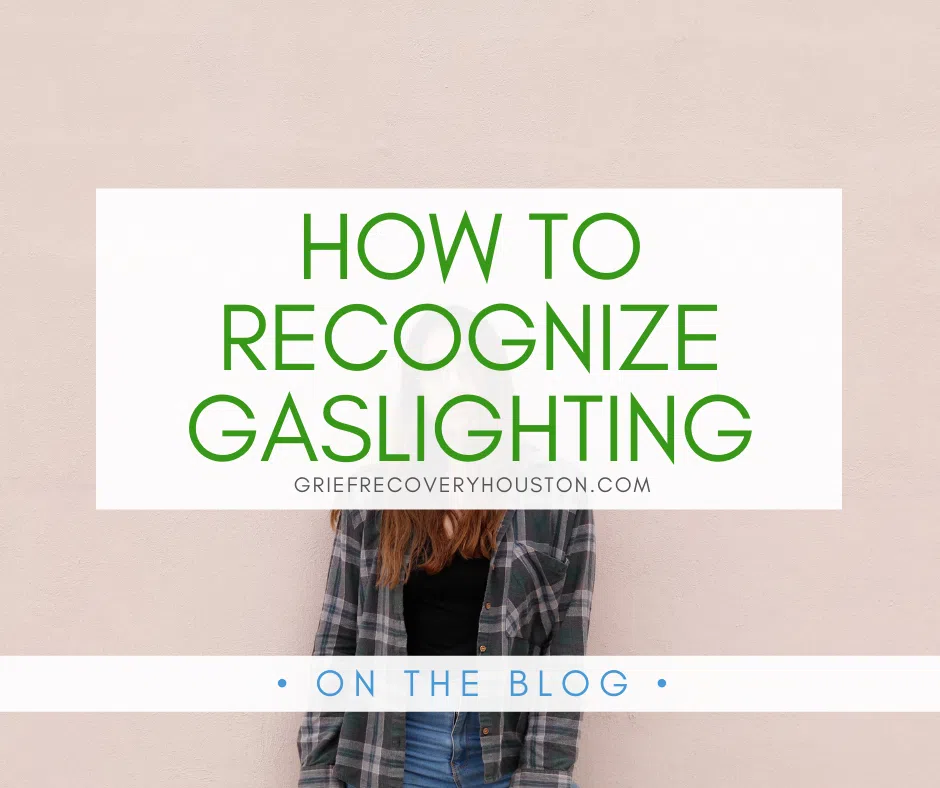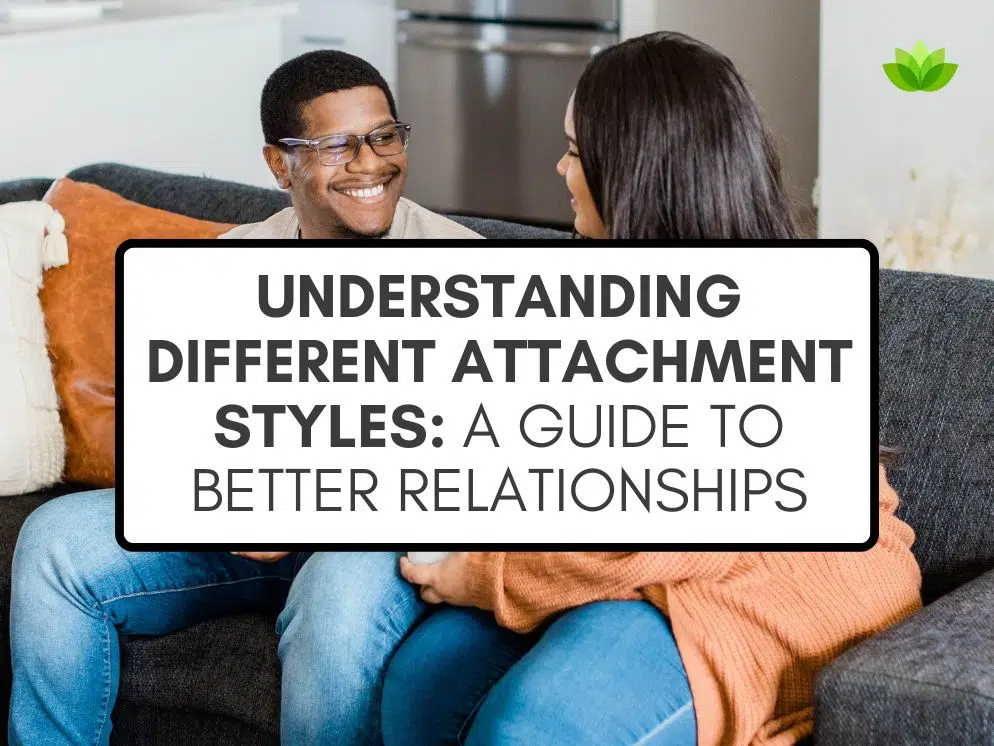- Unpacking Grief and Disability - July 8, 2024
- Breaking the Stigma: 5 Blogs to Better Understand Suicide - May 21, 2024
- 4 Tips for Better Sleep Hygiene - March 4, 2024
Do you struggle with forgiveness in your relationships?
 It can be difficult to practice forgiveness in relationships, because letting go of anger and resentment is hard work. When someone you’re intimately close with hurts you, it can be tough to move past the hurt feelings. In relationships that are close, like romantic relationships, forgiveness can be a beneficial practice to move forward, see each other with compassion and humanity, and bring partners closer together.
It can be difficult to practice forgiveness in relationships, because letting go of anger and resentment is hard work. When someone you’re intimately close with hurts you, it can be tough to move past the hurt feelings. In relationships that are close, like romantic relationships, forgiveness can be a beneficial practice to move forward, see each other with compassion and humanity, and bring partners closer together.
What is forgiveness?
One commonly misunderstood aspect of forgiveness is that it’s for the person who has done the harm. Often, forgiveness is more about the healing for the person who was harmed. There are many cases of forgiveness where the person who did the harm might not even know that they have been forgiven. Forgiveness is about making a conscious choice for yourself based on what feels right for you, not based on what other people think you should do.
Everyone gets to decide what forgiveness is and isn’t for them. Often, this is decided on a case by case basis. There are some relationships where forgiveness might come more easily and others where the damage is too great and forgiveness doesn’t feel possible. Some people feel that there are things that are unforgivable and find strength in not forgiving the person who hurt them. Others find healing in forgiveness, even for things that some might consider unforgivable. Your experience with forgiveness is up to you, not anyone else.
Why is forgiveness important for couples?
Most conflicts in romantic relationships actually aren’t solvable. Dealing with perpetual conflict in a relationship might seem hopeless or miserable, but it doesn’t have to be that way. Try to look at it from a different point of view. If we know that most conflicts between couples aren’t going to be solved neatly, then we can learn how to sit with disagreement, work on communicating our feelings, and practice compromising where it’s appropriate.
There are some things that you might never see eye to eye on with your partner, and that’s okay. Learning how to communicate with each other respectfully and practicing forgiveness when necessary can help you get through those disagreements more effectively.
There are all sorts of reasons why couples may consider forgiving one another. When the word forgiveness comes up, sometimes the images brought to mind Here are some reasons why forgiveness might come up in romantic relationships:
- Forgetting an important date
- Breaking a promise
- Forgetting to do a chore or task
- Betrayals of trust, such as emotional or physical infidelity
- Saying something hurtful in an argument
- Crossing a boundary
Setting healthy boundaries is an important part of any relationship, but it can be tricky to do without coming off as controlling. Fortunately, there are some simple strategies you can use to establish clear boundaries while still respecting your partner’s autonomy and fostering a healthy, happy relationship. In this blog post: How to Set Healthy Boundaries in a Relationship without Being Controlling, we’ll explore some tips and techniques for setting healthy boundaries in a way that’s effective, compassionate, and respectful of both yourself and your partner. Whether you’re new to boundaries or just looking for some fresh ideas, this post has everything you need to get started on the path to a healthier, more fulfilling relationship.
What forgiveness is not
 Another common misconception about forgiveness is that it means that you are okay with what happened. Forgiveness is not a free pass and it doesn’t require you to forget what happened.
Another common misconception about forgiveness is that it means that you are okay with what happened. Forgiveness is not a free pass and it doesn’t require you to forget what happened.
Forgiveness doesn’t even have to mean that you reconcile with the person who wronged you.
Forgiveness is about the person doing the forgiving. It’s about freeing up the mental and physical space that the anger and resentment are taking up in your life, and letting go of something that is no longer serving you.
When forgiveness doesn’t apply
There are many cases where forgiveness can be a valid option to help you move forward, but there are cases where this doesn’t apply. In relationships where there is abuse, you don’t ever have to forgive your abuser if that doesn’t feel like a healing way forward. Forgiveness is different for each person, and it’s up to the forgiver to decide what works best for them.
Dealing with the aftermath of infidelity can be tough, but staying in a broken relationship might cause more harm than good. Explore our latest blog post, “When To Walk Away After Infidelity: 7 Signs It’s Time to Leave,” for guidance on making the right choice for your happiness.
The health benefits of forgiveness
Holding onto a grudge takes a physical and mental toll. When you aren’t able to feel and process your emotions, your body holds onto them. These intense emotions are stressful, and your body releases stress hormones in response.
These hormones are meant to help you out in a fight or flight scenario, but in high amounts they can increase your heart rate and blood pressure, impact your blood sugar, slow your digestion, and even change your immune system. That’s why chronic stress over time has such a big impact on your physical and mental well being.
Ways to practice forgiveness
Allow yourself to feel your feelings
 The only way to move through emotions is to feel them. Anger and resentment are common emotions that come up after harm. You might also feel emotions like grief, shock, fear, shame, hopelessness, or something different entirely. Whatever comes up, it’s important to let yourself feel those feelings. Avoiding them or repressing them will just lead to them coming up later, and often when it’s least convenient.
The only way to move through emotions is to feel them. Anger and resentment are common emotions that come up after harm. You might also feel emotions like grief, shock, fear, shame, hopelessness, or something different entirely. Whatever comes up, it’s important to let yourself feel those feelings. Avoiding them or repressing them will just lead to them coming up later, and often when it’s least convenient.
If you avoid processing the distressing emotions, forgiveness will feel impossible. Once you’ve let yourself really feel the anger and other emotions that you feel, it will likely feel easier to consider forgiveness and healing instead of just holding on to the resentment forever.
Try radical acceptance
Radical acceptance is a skill from Dialectical Behavioral Therapy that is helpful for tolerating distressing moments. Radical acceptance is when you make a conscious effort to accept what is happening (or what has happened) instead of fighting to change things you can’t control. Sometimes distress comes from the way we fight against reality instead of recognizing what we can control about a situation.
For example, if you’re driving your car and you get a flat tire, focusing on all the things that could have gone differently to avoid the flat tire won’t do anything to fix your tire. The only thing that will help you fix your tire is realizing that it does in fact need to be fixed, as much as that is unfair and inconvenient, and changing your tire. Wishing you didn’t get a flat tire doesn’t patch the hole and fill your tire with air. Accepting that the tire needs fixing gets you one step closer to moving on from the whole experience.
Be patient
It takes time to unlearn things like avoiding your emotions. There are often patterns of conflict in relationships that take time and patience to unravel. Try to remember that you and your partner are on the same team – it’s the two of you versus the problem, not you versus them. When you find yourself getting frustrated or caught up in old patterns, acknowledge what’s going on and be kind to yourself and your partner. Remember that you’re doing the best you can.
Use compassion
Everyone makes mistakes, including you. When you’re struggling to forgive someone who you’re in a relationship with, try to imagine how you’d want to be treated if the situation was reversed. Considering the circumstances that led to what happened doesn’t negate the very real harm it caused you, but it can help you understand what your partner was thinking. It’s possible that they didn’t mean to cause you harm. The intent doesn’t negate the impact of their actions, but understanding why they did what they did might make forgiveness feel more possible for you.
Get help from a couples counselor
Forgiveness is hard, and it takes time and dedication. It’s heavy, emotionally draining work which can be difficult to undertake alone. Working with a couples counselor can help you and your partner find a safe space to talk about the situation, your emotions, and what you need to feel safe moving forward in your relationship. 
Couples counseling can teach you new ways to cope with your feelings of anger and resentment and help you find more supportive ways to respond to one another in moments of disagreement. Couples counseling doesn’t always have to be a last resort, either – support from a couples counselor can help you and your partner avoid relationship problems getting to the point where you feel you’re in crisis mode.
Are you struggling with forgiveness in your relationship? Our Houston Couples Counselors can help. Reach out to our office to set up a couples counseling session.






No comments yet.